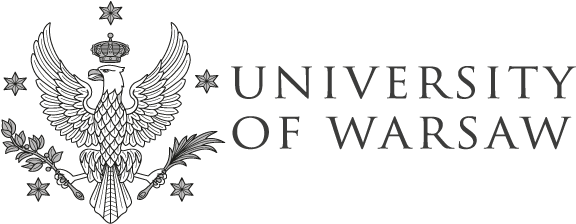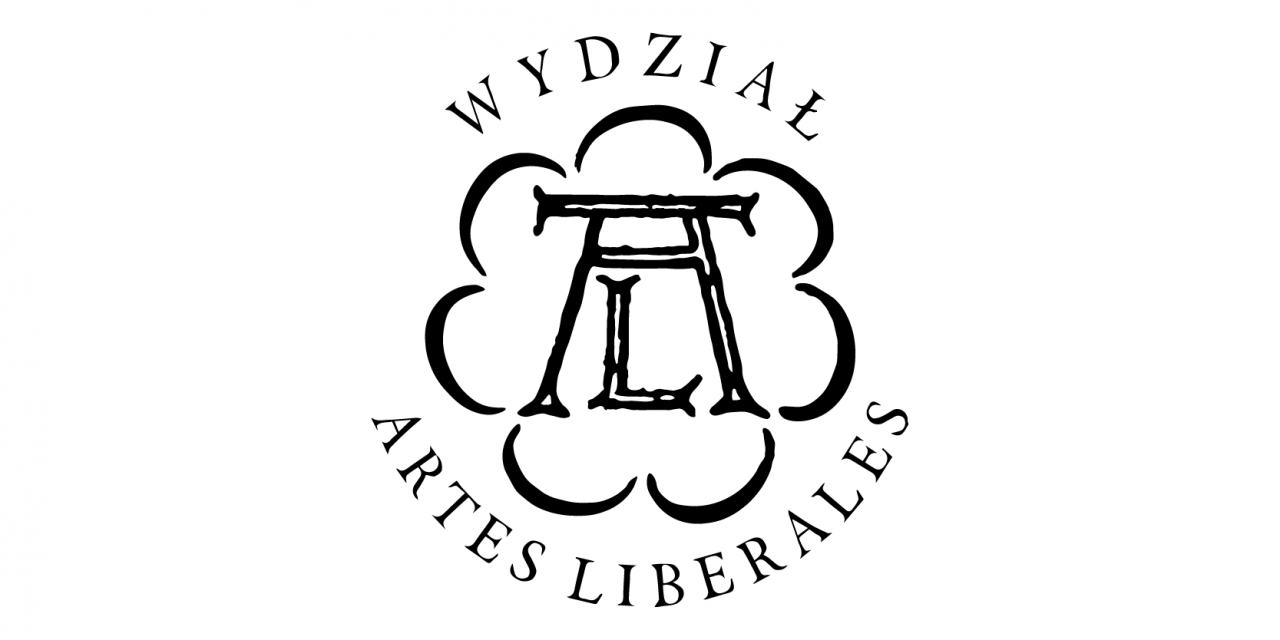11 June 2025
New publication “Awaiting the worst: Historical trauma and the inter-ethnic relationship between the Lemko minority and the Polish majority”
Just published! Our collaborative paper:
“Awaiting the worst: Historical trauma and the inter-ethnic relationship between the Lemko minority and the Polish majority”
co-written with Magdalena Skrodzka Anna Maślana, Justyna Olko and Olena Duć-Fajfer examines the relationship between the memories of historical oppression linked to the operation Vistula, present discrimination, and the level of social trust toward the Polish majority among the Lemkos living in Poland.
We are really happy that our study is an example of a successful integration of emic (internal) and etic/ (external) perspectives as well as qualitative and quantitative analyses, which is a kind of approach still underrepresented in the humanities and social sciences. The testimonies collected by Olena Duć-Fajfer and Anna Maślana revealed the collective remembering associated with traumatic events, strong perceptions of discrimination, and their cumulative effects on current attitudes represented by members of the Lemko community. These phenomena were are also well reflected in the quantitative data – they confirmed that historical traumatization of the Lemkos was positively related to currently perceived discrimination and to a lower level of trust toward Poles. There are several more general implications of our research. It has firmly confirmed the insights from earlier studies that the Lemko community shares deep trans-generationally transferred collective trauma, which continues to impact on their present life in many ways. Significantly, the narratives related to historical trauma as well as the sense of discrimination experienced by specific respondents long after the operation Vistula are also widely shared by the younger generation. In addition, it is clear that sharing the sense of historical trauma makes members of this historically oppressed group hyper-vigilant about potentially threatening situations, which also has important methodological implications. Our data were gathered by team members and research assistants who were Lemkos themselves so we assumed that ingroup researchers would provide psychological comfort for participants, especially considering the sensitive topic of the survey. Nevertheless, while conducting the study based on the formal quantitative questionnaire, researchers reported that even the first sentence of the survey introduction raised the anxiety of their respondents: “We are researchers from the University […] interested in ethnic minorities in Poland and abroad”. For the participants, this was a clear announcement that the researchers were Poles, members of the dominant group. Despite the information that data from the study would only be used for scientific purposes, respondents communicated their insecurity regarding possible ways in which the data might be employed. Participants of different ages felt alarmed that information about them could be used against them – “the government will have prepared a list of Lemkos for the next operation Vistula.” This experience shows the level of vulnerability of historically-oppressed communities during research and the importance of assigning the key role to emic researchers coming from the communities themselves – also while designing the study and making sure it is culturally sensitive and ecologically valid. These methodological and ethical challenges also became salient in the qualitative fieldwork based on in-depth interviews and permanent participant observation – the most painful experiences of community members would often be shared only during deeper interactions with the researcher assuring the sense of safety and trust. This aspect of fieldwork – both in quantitative and qualitative surveys – is still often neglected or ignored in the dominant research practice.






